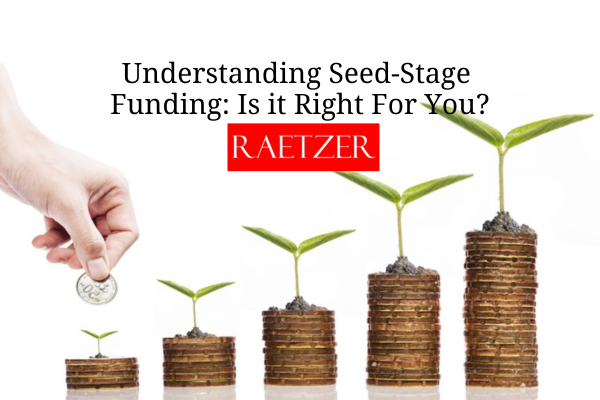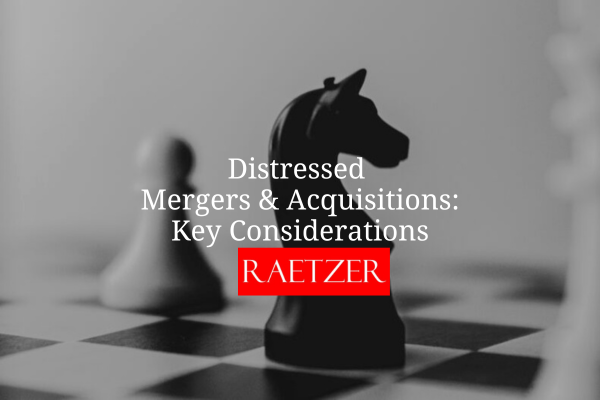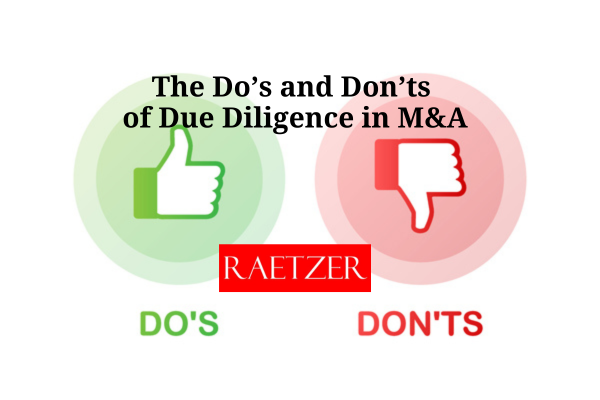Many aspiring entrepreneurs dream of running their own business, but aren’t sure where to begin. A common assumption is that starting from scratch with a groundbreaking idea and building a company from the ground up is the only option.
While launching a business from the ground up is a popular route, it’s not the only way. Buying an established business is another viable option, and with proper research and guidance, it can be a rewarding path to success. Deciding between these two approaches requires weighing the pros and cons of each to determine which aligns best with your goals.
Starting a Business From Scratch
Starting a business from scratch offers the chance to create something uniquely yours. You get full control over every aspect (for better or worse!), from designing the business model to building the team, ensuring that the company aligns with your vision. This path is ideal for those with innovative ideas and the drive to shape their business from the ground up.
Advantages:
- Creative Control: You call the shots from day one, shaping the business exactly how you want.
- Personal Vision: The company reflects your ideas, values, and innovations.
- Team Building: You can carefully select the individuals who join your team.
Challenges:
- Funding: Securing financing for a new business with no track record can be difficult.
- High Initial Investment: Both time and money must be heavily invested to get started.
- Building a Client Base: Establishing a reputation and attracting customers can take time and effort.
While the road to success may be long and challenging, the rewards of building a business from scratch can be immense for those who are prepared for the effort it requires.
Buying an Existing Business
Purchasing an established business can bypass many of the challenges associated with starting from scratch. The groundwork has already been laid—funding, development, and customer acquisition are done, and the business is generating revenue.
Advantages:
- Established Operations: The business already has a proven model, customer base, and cash flow.
- Reduced Startup Effort: Initial challenges like branding and marketing are largely addressed.
- Immediate Profitability: Many established businesses are already profitable, saving you time.
Challenges:
- Due Diligence: Thoroughly investigate the company’s history, finances, and legal standing to ensure no hidden liabilities exist.
- Fit with Your Goals: Make sure the business aligns with your objectives and that you have the expertise to manage it.
- Change Management: Adapting an existing team and operations to your leadership style may take time.
Buying a business removes some of the uncertainty of starting from scratch but comes with its own complexities. Careful evaluation is crucial to ensure the opportunity aligns with your skills and vision.
Seeking Professional Guidance
Regardless of whether you decide to start your own business or purchase an existing one, there are no guarantees of success. Proper preparation and informed decision-making are essential.
An experienced business advisor or attorney can be a vital asset, helping you:
- Define your business goals and assess your expertise.
- Evaluate how much time, money, and risk you’re willing to commit.
- Conduct due diligence to identify opportunities and potential pitfalls.
By addressing these critical factors, you’ll be equipped to make the choice that best suits your objectives and maximize your chances of success.
In sum, both starting a business from scratch and buying an existing one have unique advantages and challenges. The right choice depends on your goals, skills, and resources. By understanding the nuances of each path and seeking expert advice, you can confidently embark on your entrepreneurial journey.




